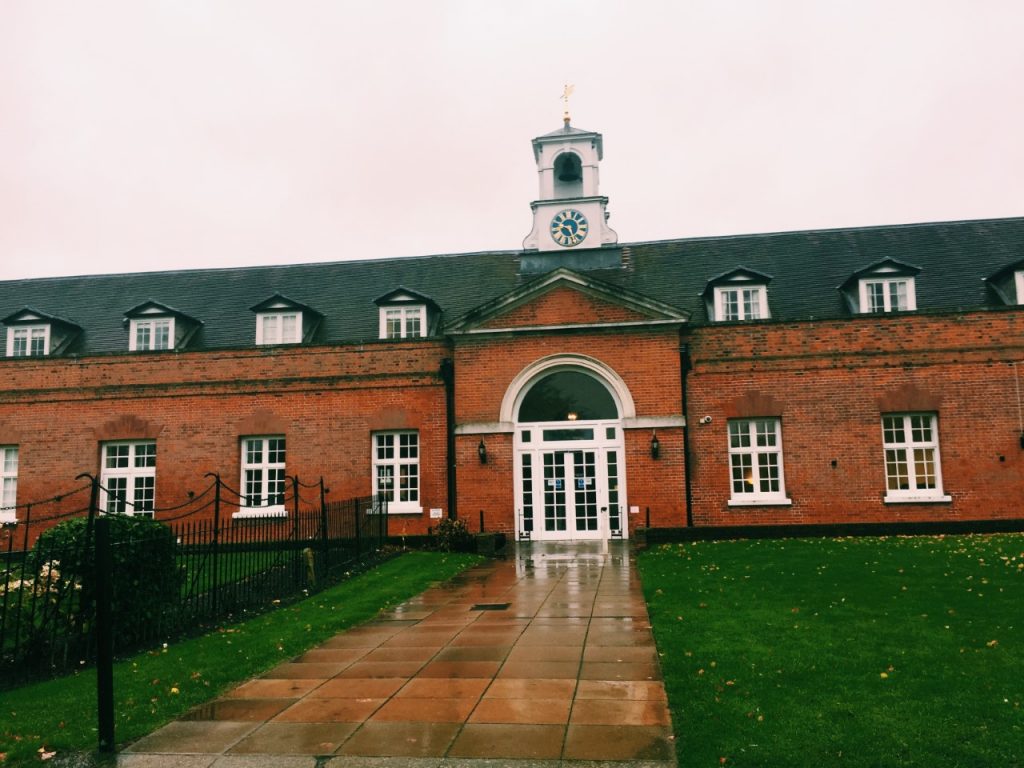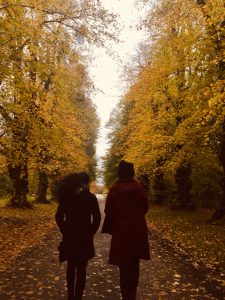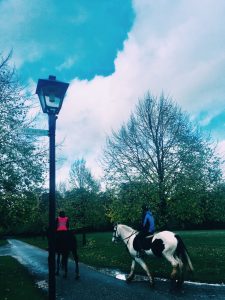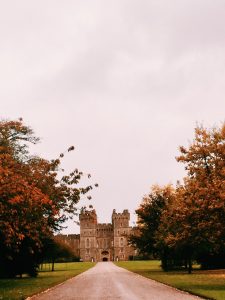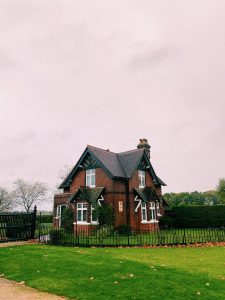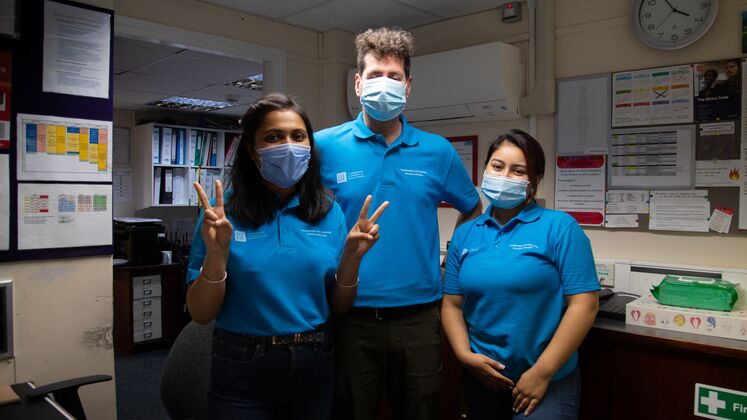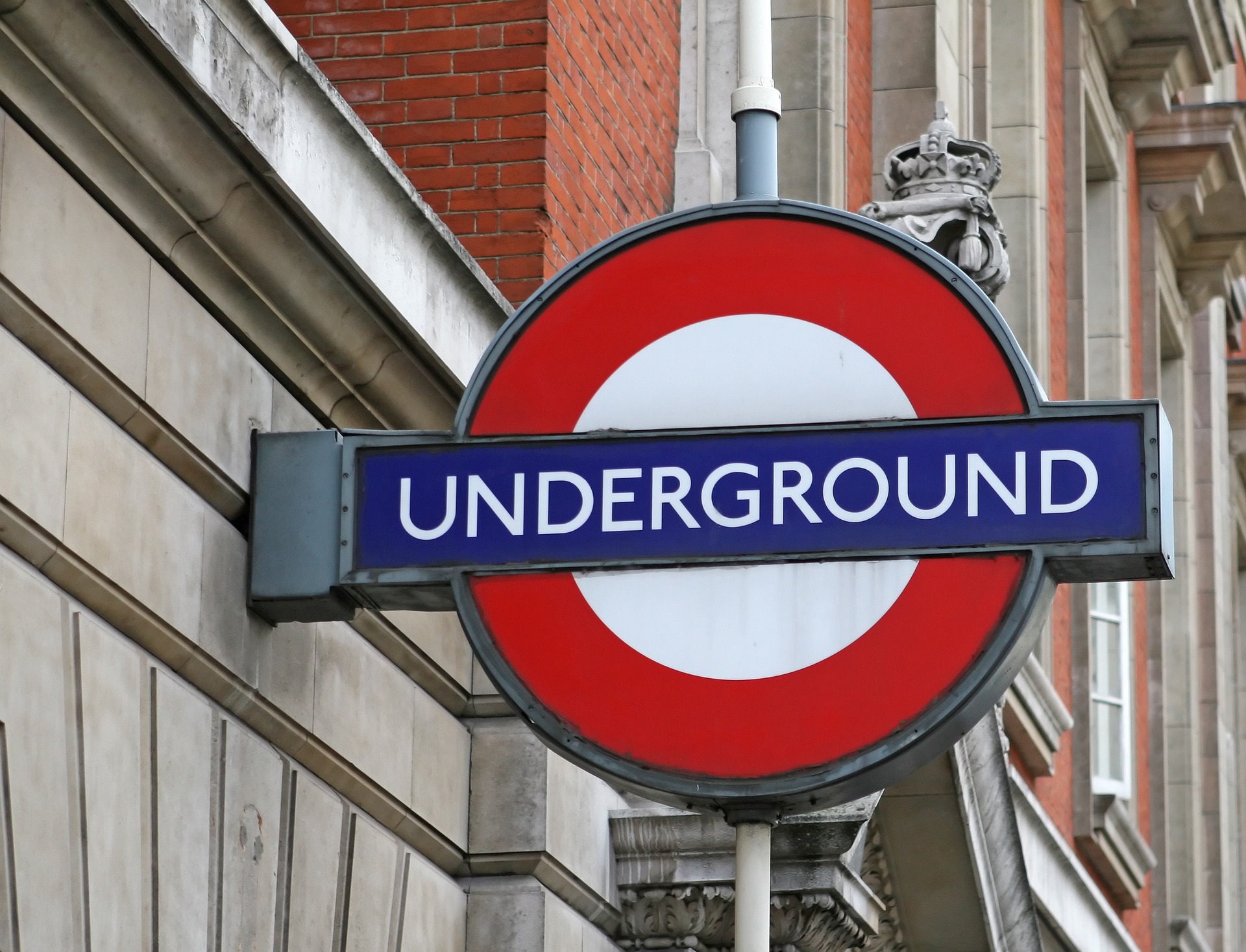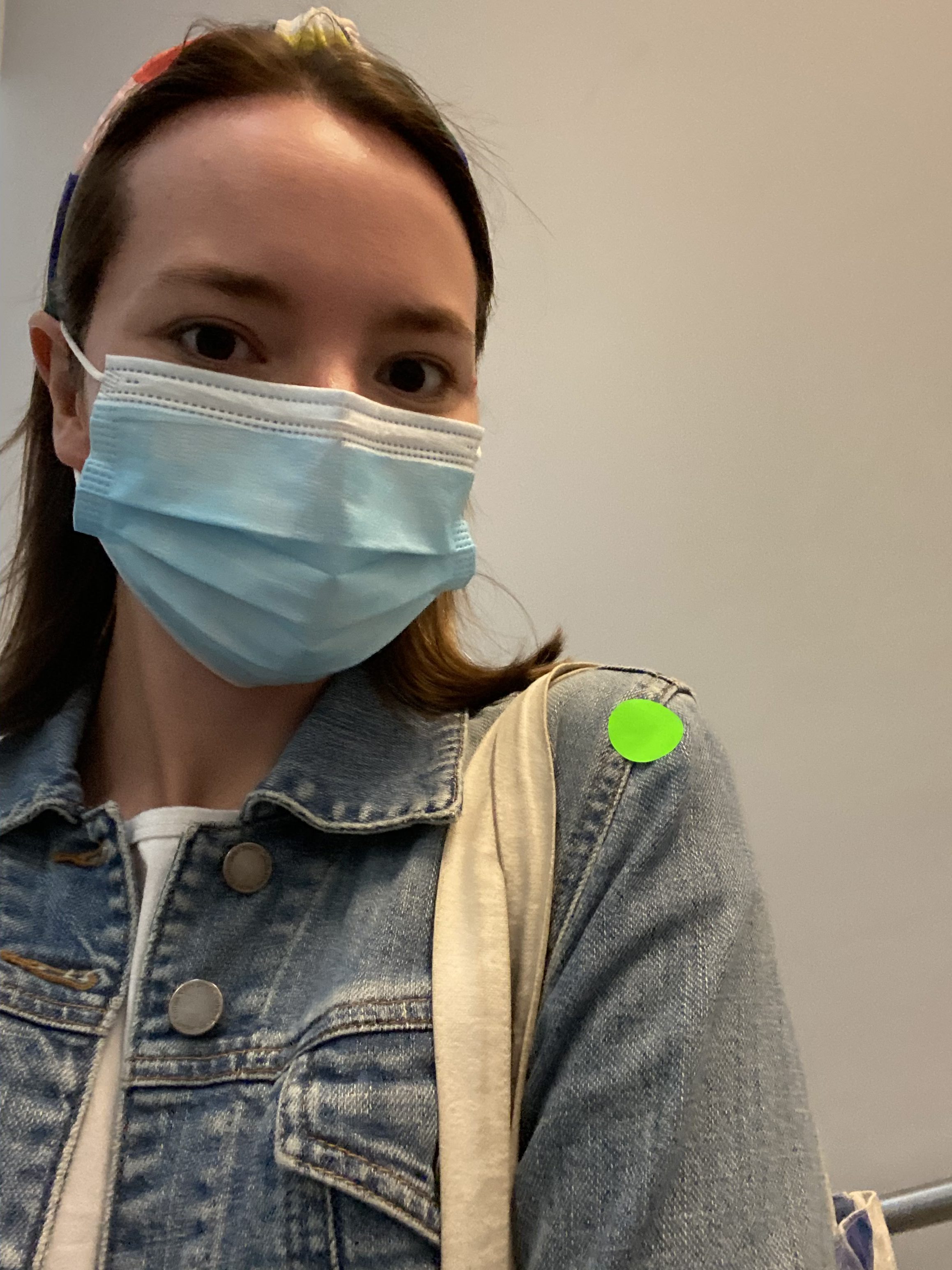My friend Faith and I were recently talking about how different the opportunity to travel was before lockdown and she brought up her trip to Cumberland Lodge. As she reflected on the highlights of this experience, I thought it would be a great idea to interview her. But before we go into the interview, below I have provided some information on the annual Cumberland Lodge visits.
Every academic year, International Development (ID) students have the opportunity to attend a weekend-long trip which takes place at the Cumberland Lodge, in Windsor Park. The trip offers students a break from the hustle and bustle of London, to stay in the tranquil and picturesque setting of a 17th Century, Grade II listed country house. It is also tailored to individual ID programmes, so in addition to tours and activities, students benefit from seminars conducted by guest speakers. Below is an interview on Faith Akor’s Cumberland Lodge experience. Faith is an MSc Development Management Student and she visited the Cumberland Lodge last year in October.
Ebun (E): How did your Cumberland Lodge weekend begin?
Faith (F): We set off from London on an early Friday evening for Great Windsor Park. Upon arrival, we were warmly welcomed and shown to our rooms (Shout out to Dee Sethi, the best roomie). Once we settled in we had a fantastic three-course dinner. After this, we were taken through the history of the former royal residence by Amber Pierce, a historian and Amy Buller Scholar at the Lodge. She informed us that the Cumberland Lodge is now an educational charity whose mission is to tackle the causes and effects of social division by empowering people through open-minded dialogue and debate.
E: That sounds like quite an evening. Was that it for the first day or did you participate in any further activities?
F: Yes, it was! I really enjoyed it and no the evening didn’t stop there. We watched a film titled “The Coconut Revolution” The award-winning documentary told the story of the successful uprising of the people of Bougainville Island against the plans of a mining corporation and the Papua New Guinea army to exploit their natural resources and destroy their land in the process. The movement, described as “the world’s first successful eco-revolution”, saw islanders use coconut oil as fuel for their vehicles when a blockade was imposed by the army around their borders. The evening ended with reflective discussions on the film.
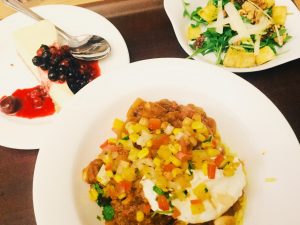 E: What did you get up to on the following day?
E: What did you get up to on the following day?
F: After a traditional full English Breakfast, Saturday morning began with a session on Climate Change and Green Industrial Policy, delivered by LSE Fellow Dr Amir Lebdioui. In the afternoon, Adam Brett, the director of Fullwell Mill shed light on the widespread opportunities for small business to reduce the environmental footprint in basic production processes as well as through packaging. We also had a session with Mike Pepler from Extinction Rebellion, who highlighted the need for collective action towards stopping the disavowal to the climate emergency.
E: It’s great to hear about the variety of speakers you had, I’m sure there would have been many takeaways for all who attended. Did you have the opportunity to visit any of Windsor’s attractions?
F: Yes, we visited Windsor Castle. It was approximately a 2-hour walk (yes walk) from the Cumberland Lodge, but it was well worth it. We got to experience Windsor’s beautiful sights, the vast woodlands airbrushed by autumn, deer grazing majestically, pretty pink houses and pristine cottages.
E: How did your evening end? Were there any more seminars or activities?
F: The evening had just begun! We had a disco to be remembered, who knew the department had such good dancers? I didn’t, but a few hours on the dance floor with dimmed lights and hits back-to-back cleared every doubt. It was a “bring your own music” party where different students shared popular songs from around the world. A special song request during an interlude had everyone crooning dramatically to “The Dancing Queen”. Meanwhile, in the room right next to the makeshift club, some participants faced each other as worthy opponents in games of pool, table football and ping-pong. The energy in both rooms was unparalleled, quite fitting for our last night at the Lodge.
E: It definitely sounds like a night to remember! How did the trip end?
F: On Sunday morning students were given the choice to visit the Royal Chapel of All Saints (where Princess Beatrice was married) or participate in a group discussion on ways to solve the global environmental crisis. Although the group that went to the chapel didn’t get to meet any Royals, they had a fantastic opportunity to reflect under the calm ambience of psalms and hymns. Back at the Lodge, the second group exchanged ideas on ways to tackle constraints to institutional reform in developing countries as development managers. The day ended with a group activity of The Perspectivity Challenge which was an exciting and practical way to bring to life the complex problem of climate change.
E: Great! I’ll be interested to find out how to play The Perspectivity Challenge. Do you have any final reflections that you would like to share?
F: Cumberland Lodge was truly an enriching experience. I am sure all that attended can agree that we returned to London happy, inspired and refreshed. I had the opportunity to gain deeper insight into matters that pertain to my programme and exchange knowledge and ideas with others. The trip also strengthened old friendships and enabled me to make new friends with people on my course. To future ID students, if you are given the opportunity to experience Cumberland Lodge, I would most definitely recommend it.


